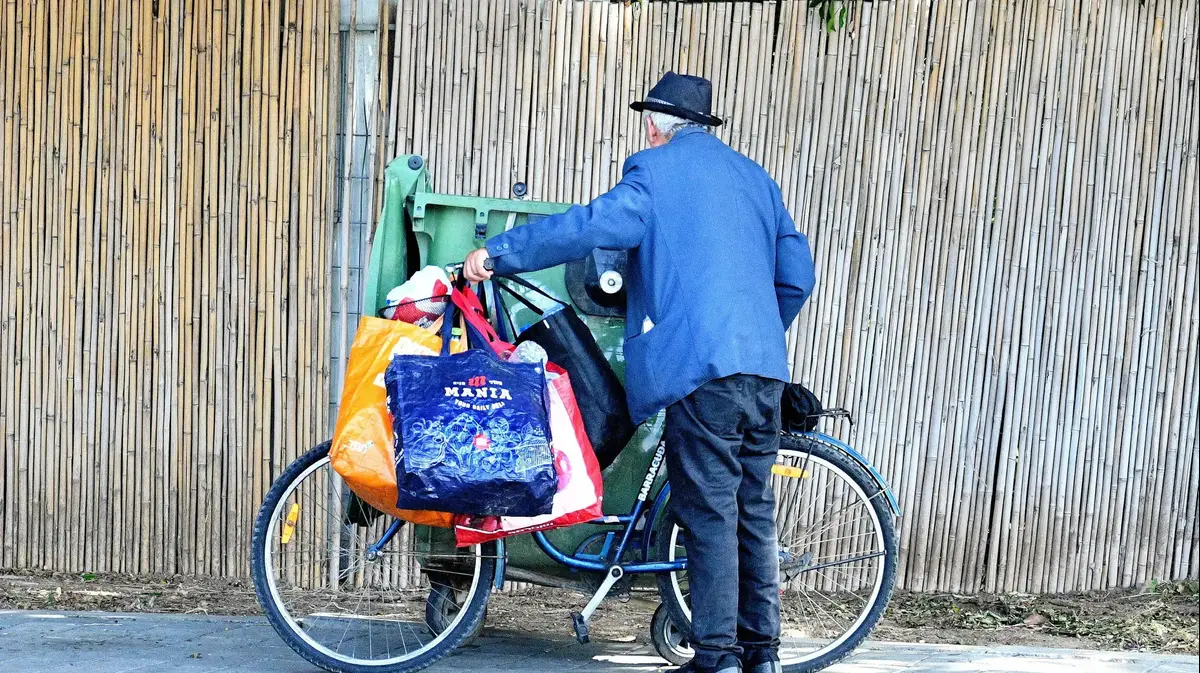Unlike in the past, today Tu B'Shvat is also celebrated with non-seasonal fruits • How does this affect the blessing that is supposed to be said only when it is renewed?
Pineapple in the Mahane Yehuda market
Photography:
Oren Ben Hakon
Questions that were a dream decades ago are becoming a reality in the abundance of fruits we receive after returning to our country.
Nowadays many fruits appear in markets even beyond their growing season, due to the development of long-term storage options, growing options in different seasons, and imports from different regions of the earth where different growing seasons.
For example: the judgment of the carrots is discussed in a clear mishnah and Ashkenazi rulings in relation to the blessing that we have lived, and today there is no doubt about it thanks to their presence throughout the year.
On the other hand, the reality in which farmers constitute a tiny minority in the population and most people are unfamiliar with the world of agriculture, makes it difficult to obtain reliable information about the various growing processes, and to know which fruits have renewable growing seasons, and which grow throughout the year.
Pineapple fruits are very popular for the blessing that we lived on Rosh Hashanah and Tu B'Shvat, although in fact the pineapple is not a seasonal fruit, and it grows throughout the year, so according to Halacha we do not bless it that we lived. , So this is really not the time for its renewal ...)
The law of the watermelon also requires rethinking, since the Arava manages to grow it nowadays throughout the winter.
Regarding watermelon, there is another halakhic discussion, since almost every watermelon we eat was made from pumpkin, this composition is halachically problematic and therefore some arbitrators ordered that we should not bless our lives on vegetables that came from the assembly is forbidden ).
So what do you do in all this rush?
To bridge the gap between agricultural information and Torah jurisprudence, we at the Torah and Haaretz Institute (currently in captivity in the South) conducted a comprehensive investigation of the variety of fruits and vegetables, their growing seasons, contacted marketers, farmers and import agents, to provide the latest information.
After the realistic inquiry conducted by the agronomists at the institute, the results were presented to the institute's head of the institute, Rabbi Yehuda Amichai, who decided on the various questions, and in light of the decisions, we made a simple table. As needed.
It seems that they floated in the tribe per se, and especially in light of the common custom of blessing that we lived on fruit, requires us to connect and get to know a little more about Israeli agriculture, even in a generation where most of the population fruits and vegetables grow on the shelf.
The writer is an agronomist at the Torah and Haaretz Institute









